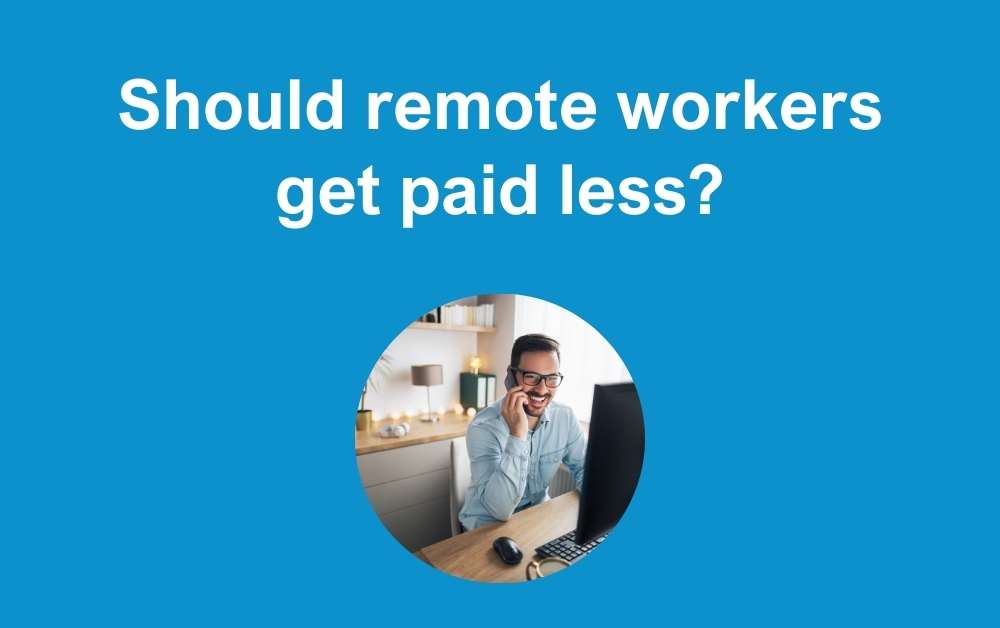Google are one of the latest businesses to announce that employees who choose to continue to work from home may receive a pay cut. This has led the world to ask, should remote workers get paid less?
With the opportunity for employees to return to work due to recent easing of restrictions, many businesses are looking at the best way to approach this. We recommend communicating with your employees and work out a return-to-work plan that’s best for your employees and the business.
Can I Pay Employees Less for Working From Home?
Reducing employees’ wages based on commuting costs and location can lead to legal consequences. It may also be considered unethical. Employees may benefit from higher wages due to working in cities such as Edinburgh and London , but this doesn’t mean they should be penalised just because they work from home or out of the city. The cost of living hasn’t reduced so it’s difficult to justify reducing wages. Staff may be saving on travel and lunch costs but won’t save on utility bills, rent, or mortgages.
Reducing wages may be considered appropriate if the role has changed. This can include taking on fewer responsibilities and tasks as they can only be completed in the office. However, if you decide to go down this road, you must go through the correct process of changing terms and conditions.
Taking on this attitude and reducing employees pay can have a massive effect on working relationships. If you don’t make your employees feel trusted and heard, you will lose talented people. Employees may also look for a new business to work for that supports flexible working. It may also be argued that remote working reduces costs for businesses too.
We don’t think any business looking to reduce wages is a good approach to reward loyal, hardworking employees who kept businesses going through a crisis whilst many were juggling homeschooling and houses cluttered with desks, printers, chairs and other equipment or many having to work from a bedroom.
How Do We Operate?
The HR Booth Team are from different areas around Scotland and supports clients around the UK, so office work is not a necessity for us. We have a weekly team update on a Friday and a daily team huddle on Microsoft Teams. This lets us stay on the same page and maintain a good team dynamic simultaneously. We have always operated with a hybrid working system, giving our team more flexibility and a better work-life balance is important to us.
Hybrid Working
Hybrid working is a form of flexible working where employees can work from home for half of the week and go in to the office for the other half. In addition, giving employees more freedom around where and when to work which can lead to a better work-life balance.
This is a great way to compromise with employees and make returning to the workplace less stressful. You can put this in place initially on a trial basis to ensure this works for your business and your employees. We also recommend setting specific days for your team to work in the office to help them maintain a good routine. Find out more about hybrid working in our latest blog.
We hope this has answered your questions on ‘Should Remote Workers Get Paid Less?’. If you would like any support on helping your team return to the workplace safely, feel free to contact us now.







